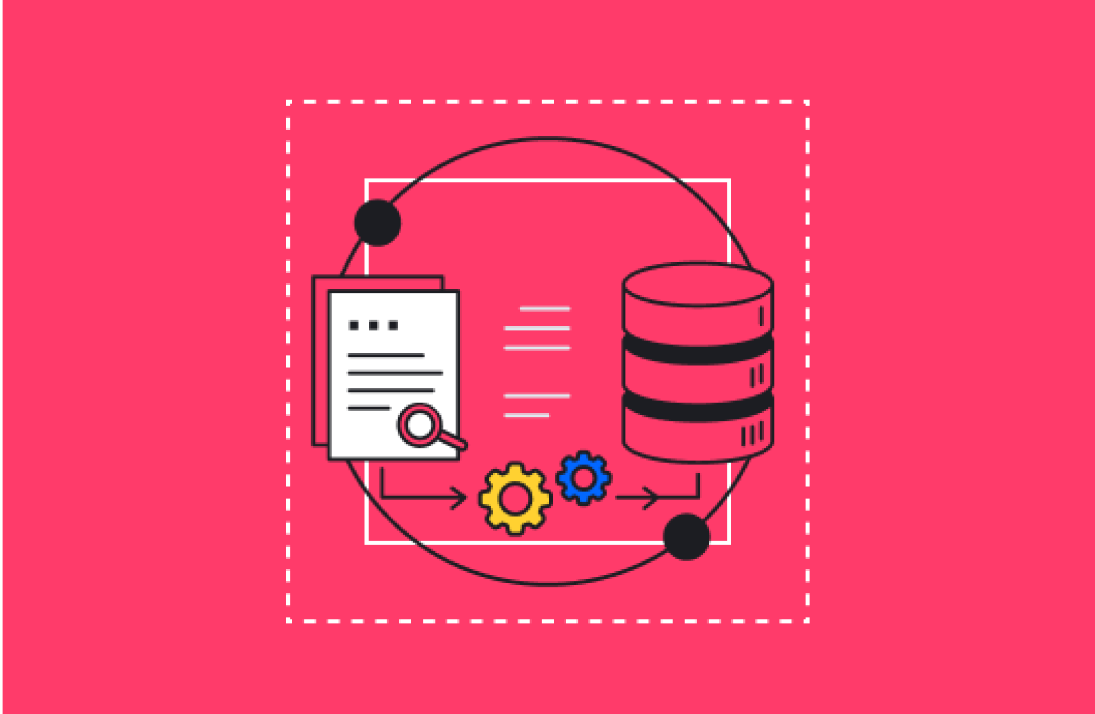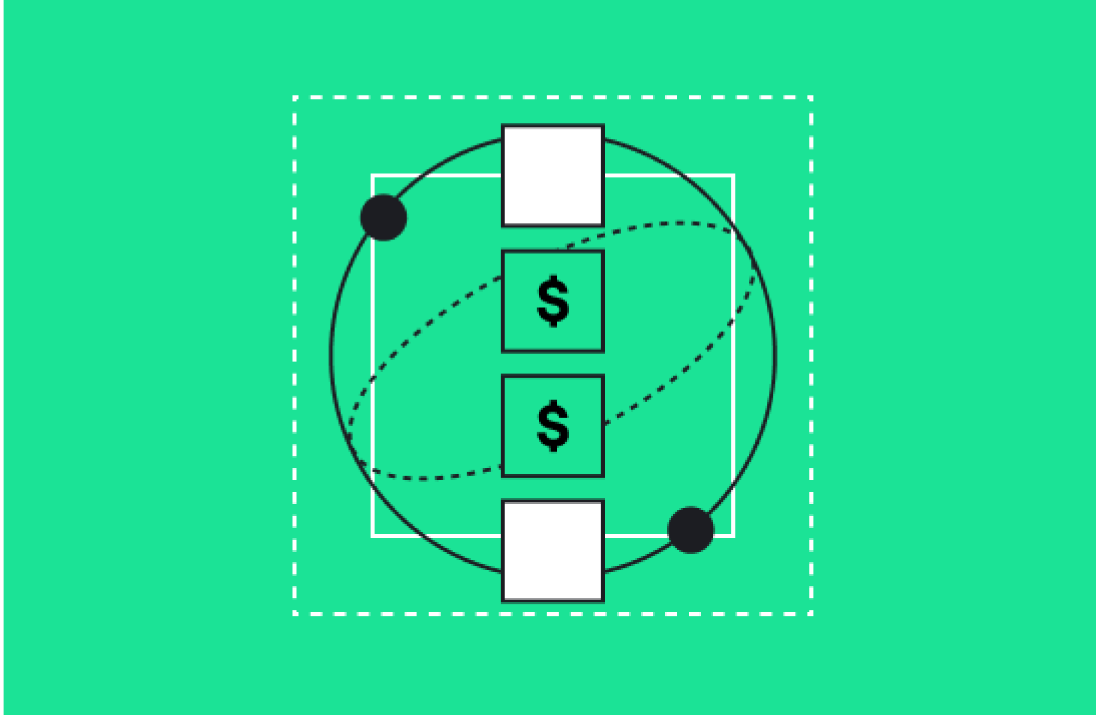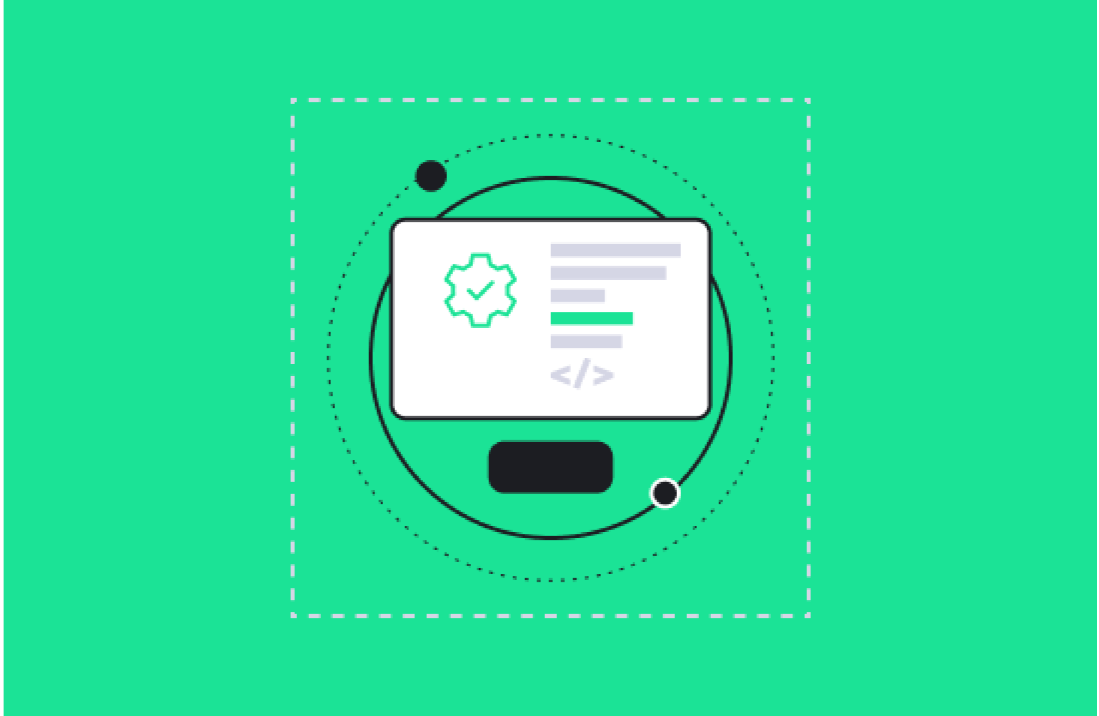Many businesses struggle with systems that don't communicate well with each other. They also struggle with workflows that suffer from cumbersome manual processes and roadblocks, especially when team members must transfer their work from one solution to another.
Proper Solutions Architecture can ensure all your systems are integrated and working together seamlessly. It also helps you to improve communication, optimize efficiency, and make further progress toward digital transformation.
Here's what you need to know about Solutions Architecture and why it matters to your business.
What is Solutions Architecture?
Solutions Architecture (SA) is a technical process that focuses on designing technology solutions that meet specific business needs and ensuring all your technologies work together seamlessly. It involves understanding the business objectives and then designing your systems and technologies to support those objectives.
This can include designing entirely new systems, such as software applications, or designing links and system integrations that ensure existing technologies work together seamlessly. Solutions Architects also work to optimize efficiency, improve communication, and improve data flows within your systems.
For example, Aptitude 8's Solutions Architecture team typically assists companies that are struggling with disjointed or unconnected tools. Given the expansion and proliferation of business technology, this is a common problem, as not every solution has built-in integrations with other solutions.
Our SA team can help companies connect their disparate systems or move their entire operation onto the HubSpot platform for a more seamless experience.
Why Does Solutions Architecture Matter for Businesses?
Although Solutions Architecture is a technical process, it can have a direct impact on your business. Many of the companies that Aptitude 8's Solutions Architecture team has served have seen improvement in not only efficiency and user satisfaction, but also core business KPIs like leads generated, customers won, and sales completed.
If you want to achieve your core business objectives, you need technologies that work together and speak with one another. Solutions architecture is a holistic process that makes this possible.
What Solutions Architecture Means for Your Systems
The Solutions Architecture process begins with an audit of your systems and the identification of existing issues. These issues could stem from errors when transferring data between systems, poor coordination of the company's workflows when operating over multiple systems, or even user experience issues, such as unnecessary manual processes.
Once a full analysis of your existing systems, Solutions Architects can design a plan for designing, integrating, and orchestrating your systems for optimal use and data flow.
Solutions Design
Solutions Architects are responsible for designing solutions that meet specific business needs. This includes designing entirely new tools, such as software applications, or designing custom apps and add-ons for your existing tools.
Solutions Design isn't always a part of the Solutions Architecture process. In some cases, integrations between systems and proprietary apps already exist and simply need to be implemented. However, having this capability can be a lifesaver if you encounter issues that can't be overcome through conventional integrations.
Systems Integration
Systems integration is the process of linking different solutions together so that they can communicate and share data. This allows the company to build workflows that span multiple systems without being hindered by manual processes, such as the manual transfer and contextualization of data. This process is typically accomplished by integrating the solutions using propriety integrations, a "middleware" program, or a customer-build integration.
For example, you may use a digital advertising solution, but it may not be integrated with your CRM. If a process already exists to integrate the two tools, then your Solutions Architecture team can implement that process for you.
If not, they may need to design a new integration that allows the two disparate tools to communicate.
Systems Orchestration
Systems orchestration is the process of managing and monitoring your solutions so that they work together as intended. This can include tasks such as initiating new services, deploying new solutions, and monitoring performance.
Systems orchestration is also a process of workflow management. Once your solutions have been integrated, you must orchestrate your existing workflows, or build new workflows, to work through them. This enables you to effectively leverage your new Solutions Architecture to deliver real business value.
How Solutions Architecture Helps with Digital Transformation
Businesses that undergo digital transformation are looking to improve their efficiency and better meet the needs of their customers. Solutions Architecture can help businesses achieve these goals by providing a blueprint for integrating new technologies into the company's operations.
A well-designed architecture can provide a framework for digitizing and automating more of your workflows, allowing the business to adapt more easily to changes in technology and customer demand. By integrating new solutions into existing architecture, Solutions Architects can help you avoid the common pitfalls associated with digital transformation, such as data silos and process fragmentation.
Build a Better Solutions Architecture with Aptitude 8
In short, solutions architecture is an essential part of any digital transformation strategy, as it enables you to fully integrate your technologies and develop digitized workflows that operate across them. By working with a Solutions Architect, you can ensure your technologies are properly integrated and optimized for maximum impact.
To learn more about Aptitude 8's Solutions Architecture capabilities, contact us today.






